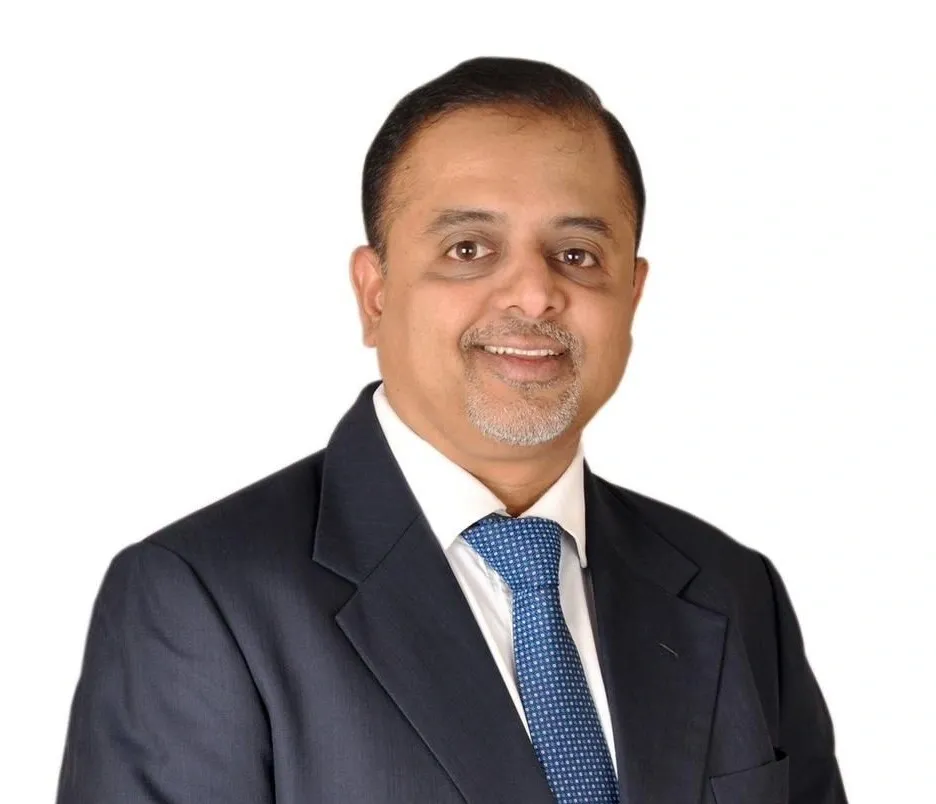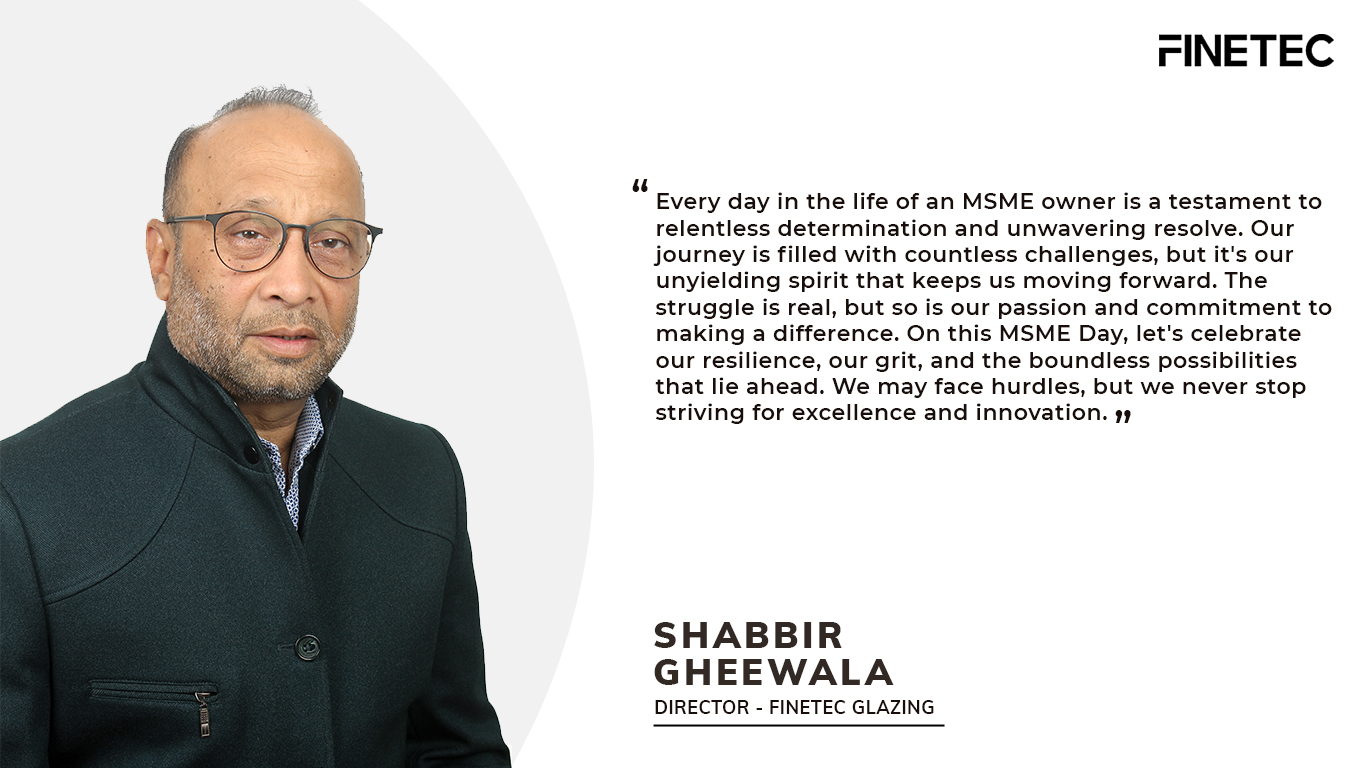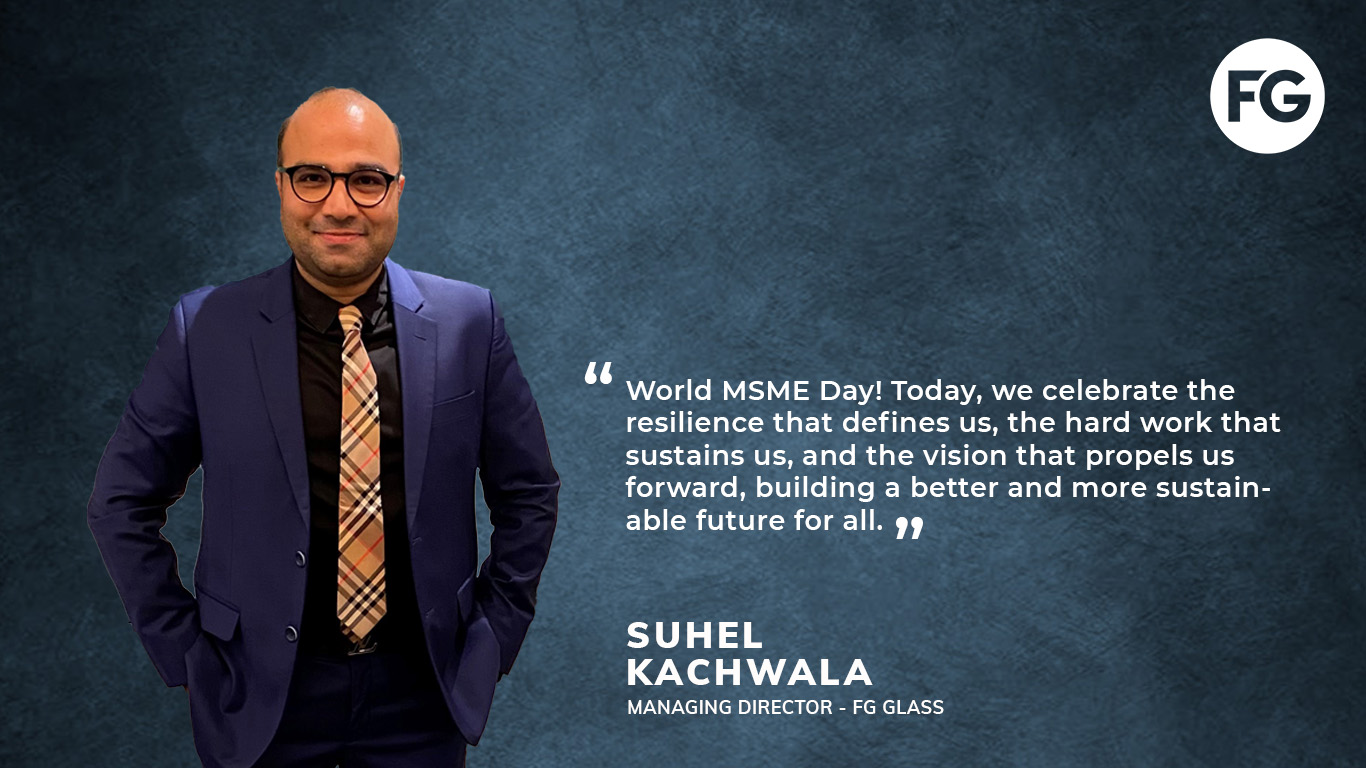World MSME Day and the Vision for Tomorrow

Micro, Small, and Medium Enterprises (MSMEs) have emerged as the driving forces behind economic progress worldwide. These agile and dynamic business entities play a pivotal role in catalyzing job creation, fostering innovation, and propelling inclusive growth across diverse sectors. Recognizing their indispensable contributions, the United Nations (UN) designated June 27 as the annual World MSME Day to raise awareness about their significance in achieving the Sustainable Development Goals (SDGs).
In recent years, the global business landscape has been marred by multiple shocks and crises, including conflicts, commodity dependence, geopolitical tensions, and pandemics. These disruptions have created an environment of social and economic instability, rendering MSMEs highly vulnerable to supply chain disruptions and soaring inflation rates. Despite these challenges, the resilience and adaptability of MSMEs have been remarkable, underscoring their importance in ensuring the well-being of workers and safeguarding environmental sustainability.
Collaborative Efforts for Sustainable Growth
Policymakers, businesses, and development partners must collaborate to lower barriers, improve access to finance, foster innovation, and create an enabling business environment for MSMEs to prosper. By working together, we can unlock the full potential of MSMEs, paving the way for sustainable development, inspiring innovation, creativity, and decent work for all.
The observance of World MSME Day highlights the substantial contributions of MSMEs to the global economy and serves as a platform to raise awareness about the challenges they face. According to the United Nations Conference on Trade and Development (UNCTAD), formal and informal MSMEs account for over 90% of all companies worldwide, generating an average of 70% of total employment and contributing 50% to the global Gross Domestic Product (GDP).
Despite their significance, MSMEs continue to grapple with challenges, primarily related to access to finance. The International Finance Corporation (IFC) reports that around 65 million firms, or 40% of formal MSMEs in developing countries, have an unmet financing need of $5.2 trillion annually, equivalent to 1.4 times the current level of global MSME lending.
Regional disparities in access to finance are also a cause for concern. East Asia and the Pacific account for the largest share (46%) of the total global finance gap, followed by Latin America and the Caribbean (23%), and Europe and Central Asia (15%). The financing gap is even more pronounced when considering micro and informal enterprises.
According to the IFC, “The gap volume varies considerably by region. Latin America and the Caribbean and the Middle East and North Africa have the highest proportion of the finance gap compared to potential demand, measured at 87% and 88%, respectively. About half of the formal SMEs lack access to formal credit.”
India’s MSME Landscape
India is home to around 63 million MSMEs, as noted in the MSME Ministry’s FY23 annual report, ranking second only to China’s approximately 140 million micro and small enterprises. Indian MSMEs contribute roughly 30% to the GDP, over 40% to exports, and have generated 110 million jobs. Currently, according to the government Udyam registration portal, 46 million MSMEs are registered with the MSME Ministry, reporting 200 million jobs.
In addition to World MSME Day, India also celebrates National Small Industry Day annually on August 30, recognizing the small-scale industry’s role in the nation’s growth.
The MSME sector is estimated to have 63 million units employing about 113 million people. Despite the large number of MSME units, only a small portion have registered with the government.
Globally, small businesses account for more than 50% of employment, acting as engines of job creation and economic growth. MSME units are mainly concentrated in the top five states of Maharashtra, Tamil Nadu, Gujarat, Rajasthan, and Karnataka, with the manufacturing sector being predominantly supported by MSMEs, contributing 45% to the sector.
MSME Clusters and Diversification
Major MSME clusters have emerged in various regions to leverage local potential and specialized skills, spanning manufacturing, repairing electronic devices, engineering goods, leather, jute, chemicals, agrochemicals, pharmaceuticals, wellness and yoga, automotive components, electronics, agro-based industries, food processing, corporate kitchens, food and beverage outlets, tourism, restaurants, spices, handlooms, brassware, sandal works, handicrafts, fashion jewelry, diamond works, polishing and cutting of diamonds for exports, and more, catering to domestic and export needs.
With the rapid advancement of Information Technology (IT) and Information Technology-enabled Services (ITeS), MSMEs are adopting technologies such as artificial intelligence, machine learning, robotic process automation, clean energy, solar power, electric vehicles, battery distribution, and logistics. In the Foreign Trade Policy 2023, four additional towns of export excellence (TEE) were added to the list – Faridabad, Mirzapur, Moradabad, and Varanasi, bringing the total number of towns to 39. Towns producing goods worth Rs. 750 crores or more are recognized as TEEs.
Policy Initiatives and Way Forward
The Reserve Bank of India (RBI), the government, banks, non-banking financial companies (NBFCs), including fintech and peer-to-peer lenders, are actively engaged in strengthening the MSME sector, which is crucial to the growth of the economy. The government and banks, particularly the Small Industries Development Bank of India (SIDBI), run numerous schemes aimed at providing credit and financial assistance, skill development training, infrastructure development, marketing assistance, technological and quality upgradation, and other services for MSMEs across the country.
Grassroots-level initiatives are essential to discover new ways to ensure that the multipronged policies designed can deliver value to the MSME sector. MSMEs have the potential to play a more significant role in helping the economy achieve the aspirations set for the Amrit Kaal (2022-47), the period leading up to India’s centenary celebrations in 2047, when the country aims to join the ranks of developed economies.
As we observe World MSME Day in the coming years, we need to realize that the world is becoming increasingly interconnected. MSMEs are presented with unprecedented opportunities for growth on both domestic and international fronts. To unlock these opportunities, MSMEs must be equipped with a comprehensive toolkit that includes regulatory acumen, market research prowess, strategic financing, digital marketing expertise, technological integration, and a skilled workforce.
By embracing these requisites, MSMEs can position themselves as future-ready enterprises, capable of navigating the complexities of the global marketplace successfully. The journey toward international success is not without challenges, but with the right preparation, MSMEs can emerge as key contributors to global economic dynamism and secure a bright future on the global stage.











